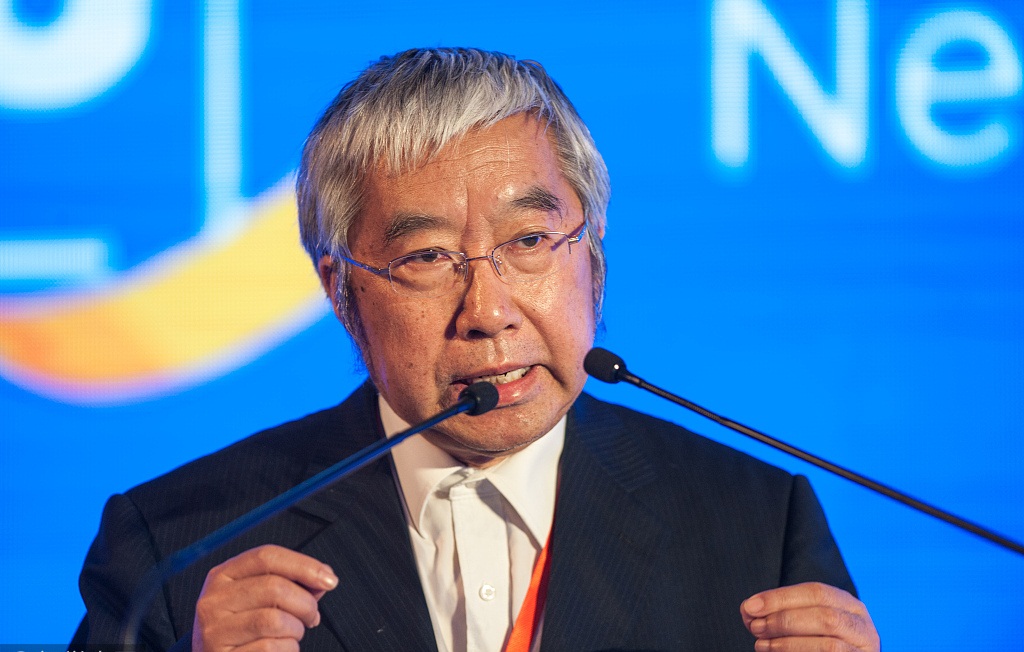China's central bank should inform the market that defending the yuan at the key level of 7 against the US dollar is not its goal and that the country has no foreign exchange target to defend, a prominent Chinese economist and former central bank adviser said on Saturday, the third anniversary of the yuan's switch to a new daily fixing formula.

File photo: VCG
Speaking at a forum in Yichun, Northeast China's Heilongjiang Province, Yu Yongding, a senior researcher with the Chinese Academy of Social Sciences who had previously advised the People's Bank of China (PBC), the country's central bank, emphasized that management of cross-border capital flows can't be eased, adding that the PBC should continue its practice of refraining from regular intervention in the foreign exchange market.
He admonished the PBC to inject reasoning into the market, which is currently irrationally worried about the possibility of the Chinese currency depreciating and breaking the key 7 level against the US dollar.
The rise of the yuan throughout last year continued into the first quarter of this year.
But the trend reversed in the second quarter, with the yuan sliding rapidly against the dollar amid escalating trade frictions between the world's two largest economies.
In a move to stabilize the currency, the central bank announced earlier in August that it would raise reserve requirements for forex forward position settlements to 20 percent from zero.
Yu said, however, that he thinks "there's no difference between 7 and 6.9. The market is attached to one specific number, [which is] irrational, and the central bank is supposed to find a way to let reason prevail in the market," arguing against the need to defend any key benchmark as substantial yuan depreciation is an unlikely scenario.
The former PBC adviser made the remarks on the third anniversary of China's introduction of a new formula calculating the yuan's daily fixing.
Due to insufficient central bank communication with the market, the yuan reform in August 2015 surprised markets with devaluations of the currency, after the initial announcement had panicked the financial market. But the central bank later won plaudits for ensuing efforts.
Over the three years since the announcement of the new formula, the PBC has rolled out a raft of measures pushing the yuan's exchange rate formation mechanism to be market-oriented, although the yuan's exchange rate regime is still a long way off from forex mechanisms applied in mature markets, Yi Xianrong, a professor with the College of Economics at Qingdao University, told the Global Times.
In Yu's words, the central bank should improve communication with the market and continue to say "no" to regular forex intervention, thereby enabling genuine free floating and pushing the exchange rate market reform to the finish line.
Cover image: Xinhua


